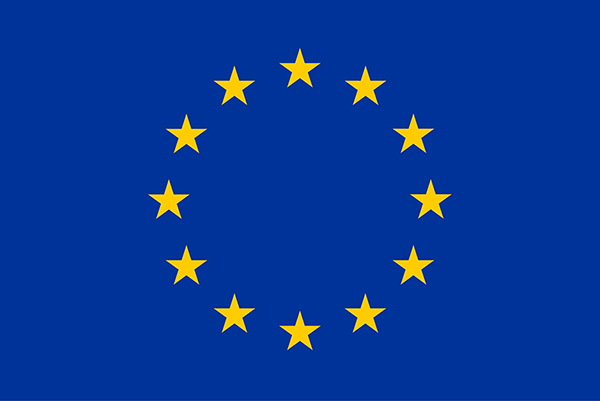Project
Mission and work packages
The project titled “Trafficking of girls and Catholic missionary networks in the South China Sea (18th-19th centuries): a transnational approach” seeks to analyse the missionaries and Iberian Empires’ experience in East Asia in early modernity in its relation to human trafficking, seeking to “unsilenced” the voices of the women, children, and participants and reveal its consequences and lasting effects to the present day.
This project includes three research work packages:
- Reconstruct child trafficking systems by studying their participants and roles in the context of the political, religious, social, economic and jurisdictional conditions in Macao, Canton and Manila between 1700 and 1850.
- Analyse the life trajectories of little girls and boys including the number of children, their age, gender, prices and destinations, both geographically.
- Analyse the consequences of this phenomenon at two different levels: individuals (missionaries, children and their foster families) and receiving societies: colonial settlements that took in these children and Europe itself, as European believers were informed about, and funded, charitable actions in China.

